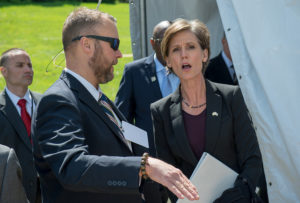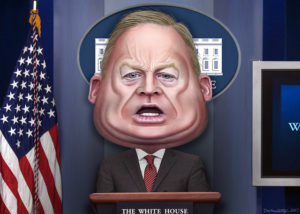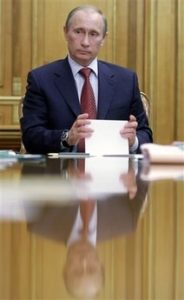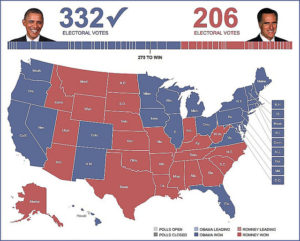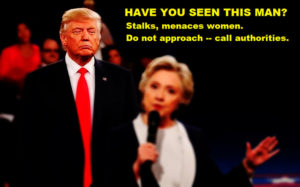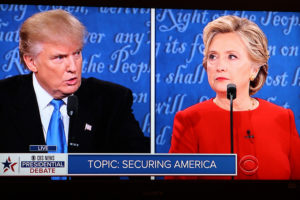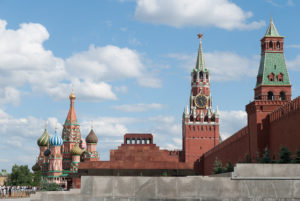
Russia’s Kremlin, home to Donald Trump’s friends and America’s enemies.
As we approach the 50th anniversary of the Apollo 11 moon landing, it’s a good reminder that America’s space program began as a response to Russian military activity. Specifically, the Soviet Union’s 1957 launch of the Sputnik satellite set off a dramatic reaction to what was viewed as the Soviet militarization of space, with rocket technology that could be used to launch nuclear weapons. The United States, led by the Democratic-majority U.S. Senate and Republican President Dwight Eisenhower, soon tasked the Senate Preparedness Subcommittee (which had been established in 1950 to deal with the then-looming crisis in Korea) with addressing the Soviet military threat from space, and created NASA. Within less than four months of the Sputnik launch, the U.S. launched its own satellite into orbit, and the “Space Race” was on. Eventually, America surpassed the U.S.S.R. by embarking on the Apollo program that led to the moon landing. The full-scale national effort of the Apollo program galvanized America to such an extent that the term “Apollo program” is now a figure of speech that means a large coordinated effort, involving scientists and deep governmental resources, to solve a huge challenge (such as climate change.)
The issue of “preparedness” in the face of a Russian threat is something that Democrats should be using now to attack Donald Trump and the Republicans. Specifically, Russia attacked our democracy in the 2016 elections. Russia’s attacks have been termed “cyber warfare,” and even Republican Dick Cheney has said that Russia’s attacks “could be considered an act of war.” In the internet age, Russia’s attacks on America arguably are as serious as the attacks on the United States at Pearl Harbor or on September 11, 2001. However, Donald Trump and many Republicans are refusing to defend us against this threat.


